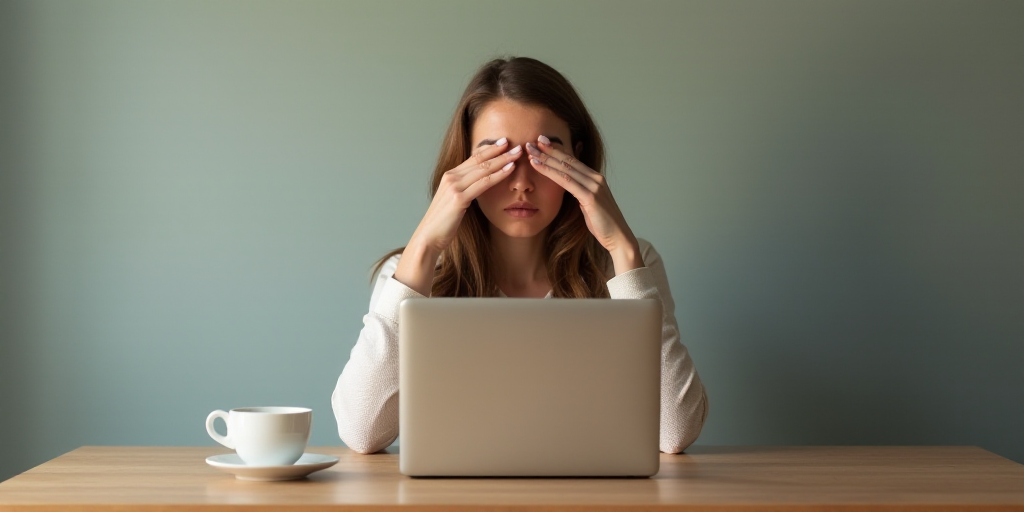Understanding Biohacking and Its Relevance to Sleep
In today’s fast-paced world, long work hours have made quality sleep seem like a luxury few can afford. However, an emerging trend among executives and professionals promises to transform nighttime into a performance tool: biohacking sleep.
But what is biohacking? It’s essentially experimenting with habits, diet, environment, and technology to discover what works best for your body and mind. When applied to sleep, the goal is to enhance sleep quality, align your biological clock, and minimize factors disrupting your slumber.
Dr. Óscar López, a General Surgeon and Medical Specialist in Integral Family Medicine and Alternative Therapies & Plant Pharmacology at the Juan N. Corpas University Foundation, explains, “Sleep is a very sensitive physiological moment. A change in daily or nightly routines can negatively impact its quality.”
Sleep is not merely closing your eyes; during the night, our bodies activate various processes. It consolidates memories, regulates hormones like melatonin and cortisol, strengthens defenses, and repairs damaged tissues. Skipping these phases can translate into days filled with fatigue, irritability, and carelessness. For leaders, every lost hour of sleep equates to wasted productivity.
“Sleep doesn’t just serve to regain strength; it’s a time when the body regulates metabolic processes, detoxifies, and optimizes essential functions. Altering it can lead to short- or long-term illnesses,” adds López.
Benefits of Biohacking Sleep
Among the most notable benefits of biohacking sleep is synchronizing your internal clock, or circadian rhythm, which regulates energy, mood, and appetite. Adjusting your sleep routine allows your body to function harmoniously, avoiding insomnia and chronic fatigue. Moreover, deep sleep strengthens your immune system, enhances mental clarity, boosts productivity, and reduces reliance on stimulants like coffee. It even contributes to maintaining a healthy weight by balancing hormones controlling hunger and satiety.
A good routine can make a difference. Relaxing activities before bed, like meditation or mindfulness, help reduce stress and promote deep, restorative sleep,” comments the specialist.
How to Biohack Your Sleep
Optimizing sleep doesn’t require drastic changes but consistent strategies. Exposure to natural daylight, reducing blue light at night, and creating a dark, cool, and quiet bedroom can make a difference. Pre-sleep routines like meditation, light reading, or breathing exercises help calm the mind and prepare your body for deep sleep.
“Digital disconnection is crucial. The blue light from cell phones and computers stimulates the brain, preventing it from entering necessary relaxation phases for good sleep,” warns López.
Digital disconnection is crucial. The blue light from cell phones and computers stimulates the brain, preventing it from entering necessary relaxation phases for good sleep,” warns López.
Technology also plays a significant role in biohacking. Sleep monitoring devices provide insights into sleep patterns, heart rate, and body temperature, offering precise data to adjust habits and detect disruptions during the night. Combined with a balanced diet, regular physical activity, and effective stress management, these elements turn sleep into a performance ally.
“These devices are helpful but their interpretation should be left to professionals. Only with proper diagnosis can real sleep disruptions be identified and corrected,” emphasizes López.
It’s important to note that each body responds differently, and part of the process involves experimenting with various habits until you find what works best. Biohacking sleep isn’t about obsessing over exactly seven or eight hours of sleep; it’s about creating an environment and routine that allow your body to regenerate optimally. Even gaining half an hour of consistent extra sleep can significantly impact your energy and focus the following day.
Key Questions and Answers
- What is biohacking? Biohacking is experimenting with habits, diet, environment, and technology to discover what works best for your body and mind.
- How does biohacking apply to sleep? Biohacking sleep aims to improve sleep quality, align your biological clock, and minimize factors disrupting your slumber.
- What are the benefits of biohacking sleep? Benefits include synchronizing your internal clock, strengthening the immune system, enhancing mental clarity, boosting productivity, and maintaining a healthy weight.
- How can I biohack my sleep? Strategies include exposing yourself to natural daylight, reducing blue light at night, creating a conducive sleep environment, and incorporating relaxing pre-sleep routines.
- What role does technology play in biohacking sleep? Sleep monitoring devices offer insights into sleep patterns, heart rate, and body temperature, aiding in adjusting habits and detecting disruptions.






